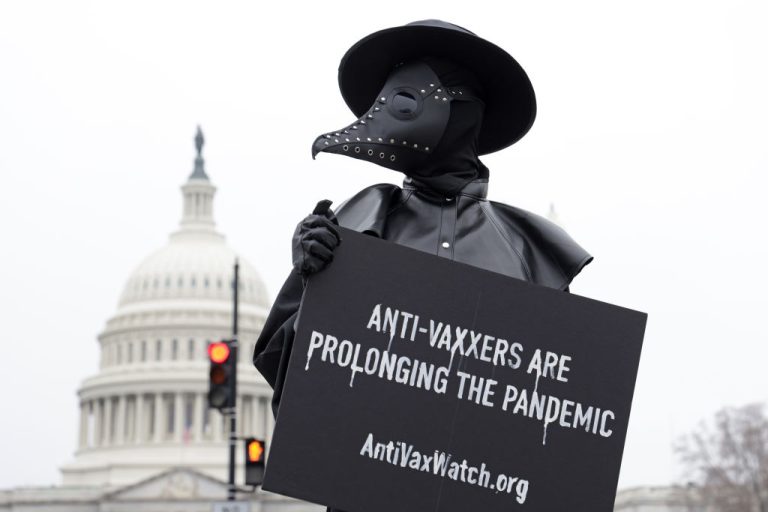The Rockefeller Foundation and other nonprofits are investing millions of dollars in scientific research to “nudge” the populace toward more vaccine acceptance by fighting so-called “disinformation.”
Together with the National Science Foundation, the Robert Wood Johnson Foundation, Craig Newmark Philanthropies, and the Alfred P. Sloan Foundation, a $7.5 million seed funding round for the Mercury Project occurred in 2021, with an additional $7.2 million last month, The Defender reported.
This project, launched in November of 2021, is led by the motto, “Together, we can build a healthier information environment,” and is coordinated by the Social Science Research Council (SSRC).
The Project is dedicated “to increase uptake of COVID-19 vaccines and other recommended public health measures by countering mis- and disinformation” over a 3-year duration.
The Mercury Project also pledged to gauge “the causal impacts of mis- and disinformation on online and offline outcomes in the context of the COVID-19 pandemic,” including “differential impacts across socio-demographic groups.”
Proposed interventions
Success
You are now signed up for our newsletter
Success
Check your email to complete sign up
In June, the Project received an additional $20 million from the National Science Foundation to study “interventions to increase COVID-19 vaccination demand and other positive health behaviors.”
It involves 12 teams of researchers in 17 countries who are encouraged to provide recommendations or “interventions” to counter “the growing global threat posed by low COVID-19 vaccination rates and public health mis- and disinformation,” the Rockefeller Foundation stated in its press release.
READ MORE ON COVID-1984
- MIT Study Forced to Concede Online Anti–Maskers Rational, Follow Scientific Method
- Is the Establishment Chatter of ‘Disease X’ a Prelude For a Looming, New Global Pandemic?
- Sweden Launches Agency to Combat Alleged Disinformation
- WHO Redefines Herd Immunity in Push for Coronavirus Vaccination
Most of the interventions garnered by the project include nothing new, however. They entail “literacy training for secondary school students” to “help students identify COVID-19 vaccine misinformation” and “equipping trusted messengers with communication strategies to increase COVID-19 vaccination demand,” the release said.
Also, it advocated “using social networks to share tailored, community-developed messaging to increase COVID-19 vaccination demand.”
“With COVID-19 prevalent and rapidly evolving everywhere, there is a pressing need to identify interventions with the potential to increase vaccination take-up,” argued Anna Harvey, Chairwoman of the SSRC on the Foundation’s site.
“Vaccines are only effective if they become vaccinations; vaccines are a scientific marvel, but their potential is unfulfilled if they are left on the shelf,” Harvey added.
On the art of nudging
However, not everyone is enchanted by the project’s plans.
Children’s Health Defense, chaired by Robert F. Kennedy Jr., devoted to exposing the potential health risks of vaccines and other pharmacological substances, says that behavioral science, or nudging your subject into compliance, lies at the root of the Mercury project, the organization said on its website.
Nudging gained popularity through a bestselling 2008 book by economist Richard H. Thaler and legal scholar Cass R. Sunstein titled “Nudge: Improving Decisions About Health, Wealth, and Happiness.”
The technique was presented as something that “alters people’s behavior in a predictable way without forbidding any options or significantly changing their economic incentives.”
Tony Jiang of British research center HRW Healthcare describes nudges as, “A set of policy tools which utilize psychological insights to attempt to motivate people to adopt certain desired actions/behaviors, without having to enforce strict laws, bans, or punishments,” and as a way to “motivate people into making responsible decisions, while preserving individual liberty.”
Jiang also offered some suggestions to improve mask and vaccine compliance. Masks, for instance, “Can be more fashionable,” the article stated.
As for the novel gene therapy injections, Jiang proffered the possibility of vaccination prescriptions, or “defaults,” where “people are automatically enrolled to receive a booster and must deliberately cancel the scheduled appointment if they do not wish to receive it.”
















